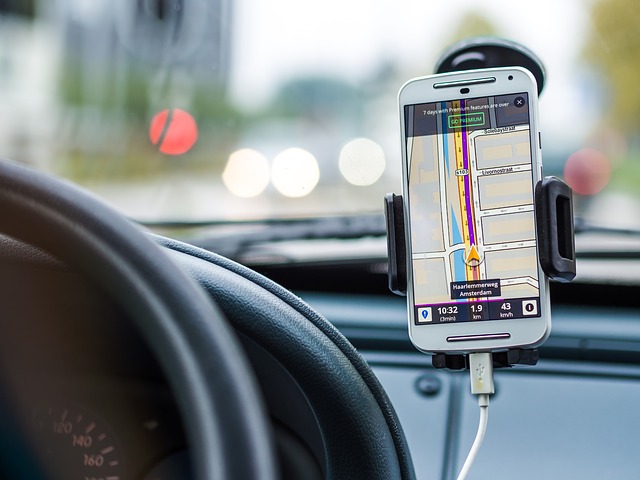After an amazing 12 years together, my husband and I finally tied the knot last year. Before embarking on this new chapter in our lives, we made sure we were financially prepared. Are you financially prepared?
When couples get married or move in together, they naturally take on shared responsibility for each other and their finances. Nonetheless, money-related misunderstandings can arise, which is why it’s essential to address them.
To help iron out these common money problems, let’s explore some practical financial tips for couples. Remember, there’s no one-size-fits-all rule, so these tips are here to guide you and your partner in achieving your financial goals together.
BE OPEN
Right from the start of your relationship, it’s essential to be open and honest about where you both stand financially. If one of you is dealing with debt or has specific financial goals, discuss it openly. Take time to understand each other’s money habits, like spending tendencies and risk tolerance. You don’t have to have identical attitudes towards money, but finding a middle ground through compromise can be beneficial. Addressing these issues early on will prevent misunderstandings and arguments down the road.
CATEGORIZE YOUR EXPENSES
Not all expenses need to be shared. While bills, groceries, and travel costs are typically shared, individual expenses like personal shopping or sending money to family back home remain separate. By clearly identifying your expenses, you can streamline money management and reduce complexity.
PRIORITIZE AND SOLVE ISSUES
Discuss what financial goals are achievable for both of you in the long term and identify problems that can be resolved immediately. For example, if different earning capacities are a concern, consider starting a small business together or exploring additional income streams. Whenever possible, prioritize reducing debt, as this will save you money on interest in the long run.
MAKE A BUDGET PLAN
A budget plan can be a lifesaver when it comes to managing your expenses. Decide on a reasonable amount to spend on everyday items, take-outs, entertainment, and personal expenses. Also, include bills, debt payments, irregular expenses, and contributions to your emergency fund in the budget plan. This step is especially valuable for young couples looking to stay on top of their expenses.
TAKE ACTION
After discussing, analyzing, and crunching the numbers, it’s time to create an action plan. Determine who will handle the primary bookkeeping responsibilities to ensure that all bills are paid on time and accounts stay in good standing. However, it’s essential to keep the non-bookkeeping partner informed about your financial progress.
Once you have identified and addressed your pain points and financial objectives, develop a comprehensive action plan with a clear timeline. This plan may involve the following steps:
1. Establishing a joint savings account.
2. Exploring opportunities for additional sources of income.
3. Gradually settling smaller debts.
4. Conducting thorough research on investment options.
5. Making a structured plan for significant purchases.

Image Credits: unsplash.com
Lastly, don’t forget to reward yourselves along the way! Even after being married, my husband and I still make time for regular dates and save up for enjoyable activities like travel and relaxing spa treatments.
Remember, open communication, understanding, and teamwork are the keys to successfully managing your finances as a couple. By following these financial tips, you and your partner can build a strong financial foundation together and enjoy a prosperous future.












